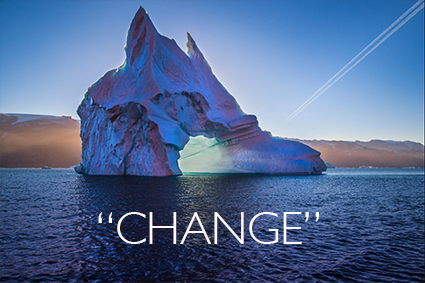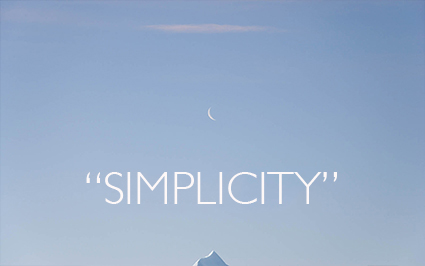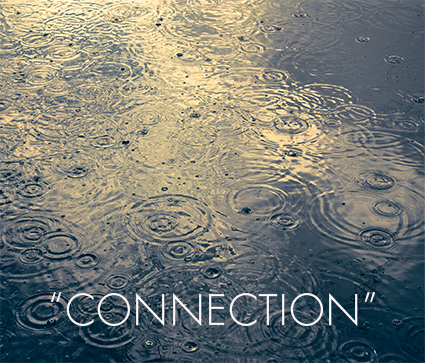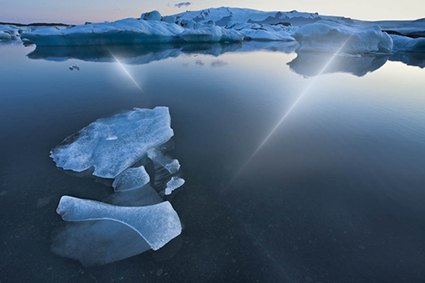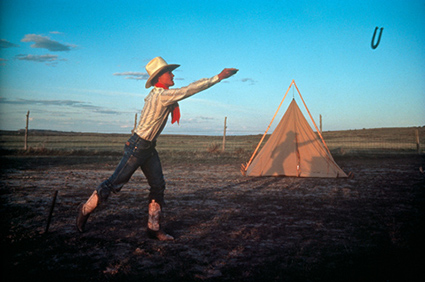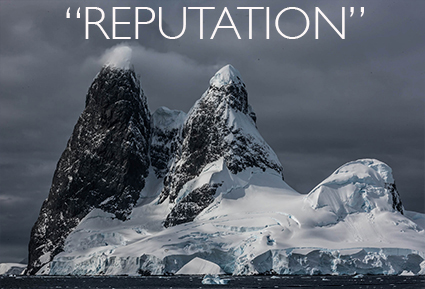46 Quotes From Jay Maisel's Book Light, Gesture, Color
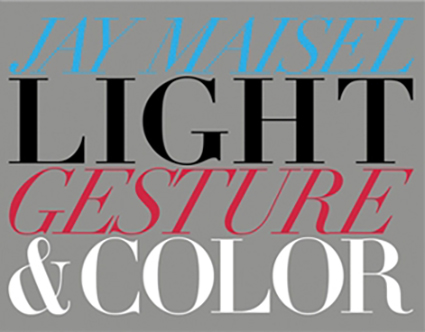
Photographer Jay Maisel’s book Light, Gesture & Color is full of pithy wisdom about the art of seeing.
Here’s a selection of highlights.
“If you’re not your own severest critic, you are your own worst enemy.” – Jay Maisel
“The whole world is there for you. Gifts will happen, but only if you are patient with life itself, the shooting process, and your own limitations.” – Jay Maisel
“There is no bad light. There is spectacular light and difficult light. It’s up to you to use the light you have.” – Jay Maisel
“The drama of light exists not only in what is in the light, but also in what is left dark. If the light is everywhere, the drama is gone.” – Jay Maisel
“Gesture will survive whatever kind of light you have. Gesture can triumph over anything because of its narrative content.” – Jay Maisel
“We have always wanted to find the ‘it-ness’ of anything we shoot. We want to get as deep into the subject as we can.” – Jay Maisel
“You will, in time, see and show others not just the superficial, but the details, the meanings, and the implications of all that you look at …” – Jay Maisel
“One color alone means nothing. I acts as in a vacuum, with no other colors to relate to. It is only when colors relate to other colors that the fun begins.” – Jay Maisel
“Color is seductive. It changes as it interacts with other colors, it changes because of the light falling upon it, and it changes as it becomes larger in size.” – Jay Maisel
“You cannot accurately remember color …” – Jay Maisel
“’Color’ is quite different from ‘colors.’ In an image with many colors, we find that all the colors compete with each other rather than interacting with each other. The results” colors.” – Jay Maisel
“There really isn’t anything that you could call ‘bad’ color. It all has to do with the amount of color you use and in what context it appears.” – Jay Maisel
“Some have said that if you take a great picture in color and take away the color, you’ll have a great black-and-white picture. But if you’re shooting something about color and you take away the color, you’ll have nothing.” – Jay Maisel
“What you’re shooting at doesn’t matter, the real question is: ‘Does it give you joy?’” – Jay Maisel
“Always shoot it now. It won’t be the same when you go back.” – Jay Maisel
“You must not think of yourself as looking at the stage from the audience. You must think of it as theatre in the round and look at it from all sides.” – Jay Maisel
“We don’t experience light, color, and gesture in a vacuum. We experience it in contexts.” – Jay Maisel
“If you don’t have a camera, the best thing you can do is describe how great it looked.” – Jay Maisel
“It’s a lot easier to take pictures if you always have the camera with you.” – Jay Maisel
“There is no one solution to all problems. It’s the problem itself that can lead to the solution.” – Jay Maisel
“It’s not just when you shoot, or what you shot, or where you shoot, it’s the combination of the three.” – Jay Maisel
“The more light you have in an image, the less drama you get. The details start taking over; the mystery is all gone.” – Jay Maisel
“I love when pictures ask questions or make others ask questions.” – Jay Maisel
“The pictures are everywhere. If you’re open, they will find you.” – Jay Maisel
“Sometimes without shooting a picture germinates in your head. Other times, you keep taking pictures of the same thing and watch the images mature and grow.” – Jay Maisel
“As you see something that yo want to shot and it’s bearing down on you, it’s important to start framing long before the subject gets close to you. The light will reveal itself possibly long before you want to take the image, but you have to wait until the picture comes to you, and if you’ve been anticipating carefully when the subject will be in position, the background will have been figured out in advance.” – Jay Maisel
“Since the background is as important as the subject, you mustn’t let it default by chance. You must control not only vertical and horizontal, you must be aware of the depth of field (or lack of it) that you want in the background.” – Jay Maisel
“Remember that most people (those who are not photographers) don’t even see the things that you missed. Many don’t even look. Ergo, you are way ahead of the game.” – Jay Maisel
“Gesture is not always action.” – Jay Maisel
“It’s my obligation to take out all the ‘wrong’ pictures.” – Jay Maisel
“You have to pick the right tool for the point you’re trying to make and there is no one solution.” – Jay Maisel
“The problem suggests the solution.” – Jay Maisel
“Sometimes as you work, you find that you are learning things about your own perceptions and motivations that are way below you consciousness. If you get lucky, you recognize what you are doing, but all too often we don’t find the connection between our work and our own motivations.” – Jay Maisel
“The awareness of the quality of space in out photos is akin to our awareness of the very air in our photos, the atmosphere that pervades every square inch of our image and yet is often invisible to the photographer.” – Jay Maisel
“When we are given gifts, we must be quick and able to accept them.” – Jay Maisel
“I try not to tell students where to shoot, when to shoot, or what to shoot. I feel finding the picture is the most important part of being a photographer. The actual shooting is of lesser importance.” – Jay Maisel
“You need minimum color for maximum effect.” – Jay Maisel
“Always wait for the trigger. The trigger is the final part of the puzzle, the reason you want to shoot.” – Jay Maisel
“Color really doesn’t have interaction if it’s full of colors. It’s the interaction or relationship among or between colors that makes a color image. This usually happens with a few colors, not a glut of them.” – Jay Maisel
“Forget what it was. Look at what it is.” – Jay Maisel
“You have to learn not only from your failures. You must also learn from your successes.” – Jay Maisel
“You have to let the past successes go, or you’ll never be able to see anew.” – Jay Maisel
“Don’t overthink things in front of you. I fit moves you, shoot it. If it’s fun, shoot it. If you’ve never seen it before, shoot it.” – Jay Maisel
“Had I not been told to look, I would have quite, ignorant of what was really there, because I had ‘made plans’ and was wearing visual and emotional blinders that limited my perceptions and my vision.” – Jay Maisel
“All these factors are only valuable if you’re curious. But in any case, the more knowledge you have, the more things are open and available to you.” – Jay Maisel
“You sort of have to be always aware, even when you’re not thinking of shooting. That’s when the best stuff happens.” – Jay Maisel
“When you shoot, that is opportunity number one to make a statement. When you edit, you have opportunity number two to make your statement. It could be an affirmation of your first choice or could go off in another direction.” – Jay Maisel
“Keep your mind open. You may very well learn something new about yourself and your pictures.” – Jay Maisel
“You must be open to what otherwise may seem to be a detriment to your ‘plans’.” – Jay Maisel
“You always end up with too many pictures to edit and too few that you feel ‘got it’.” – Jay Maisel
“It’s important to realize that the images are everywhere, not just where you want or expect them to be.” – Jay Maisel
“You can’t just turn on when something happens, you have to be turned on all the time. Then things happen.” – Jay Maisel
“Money and fame that photography can bring you are wonderful, but nothing can compare to the joy of seeing something new.” – Jay Maisel
Of course, all of these insights are made even better when paired with his images.
Find the book Light, Gesture & Color here.
Find out more about Jay Maisel here.
Read 20 Questions With Jay Maisel here.
Read more quotes by Jay Maisel here.
Browse my Essential Collection of Photographer’s Quotes here.


